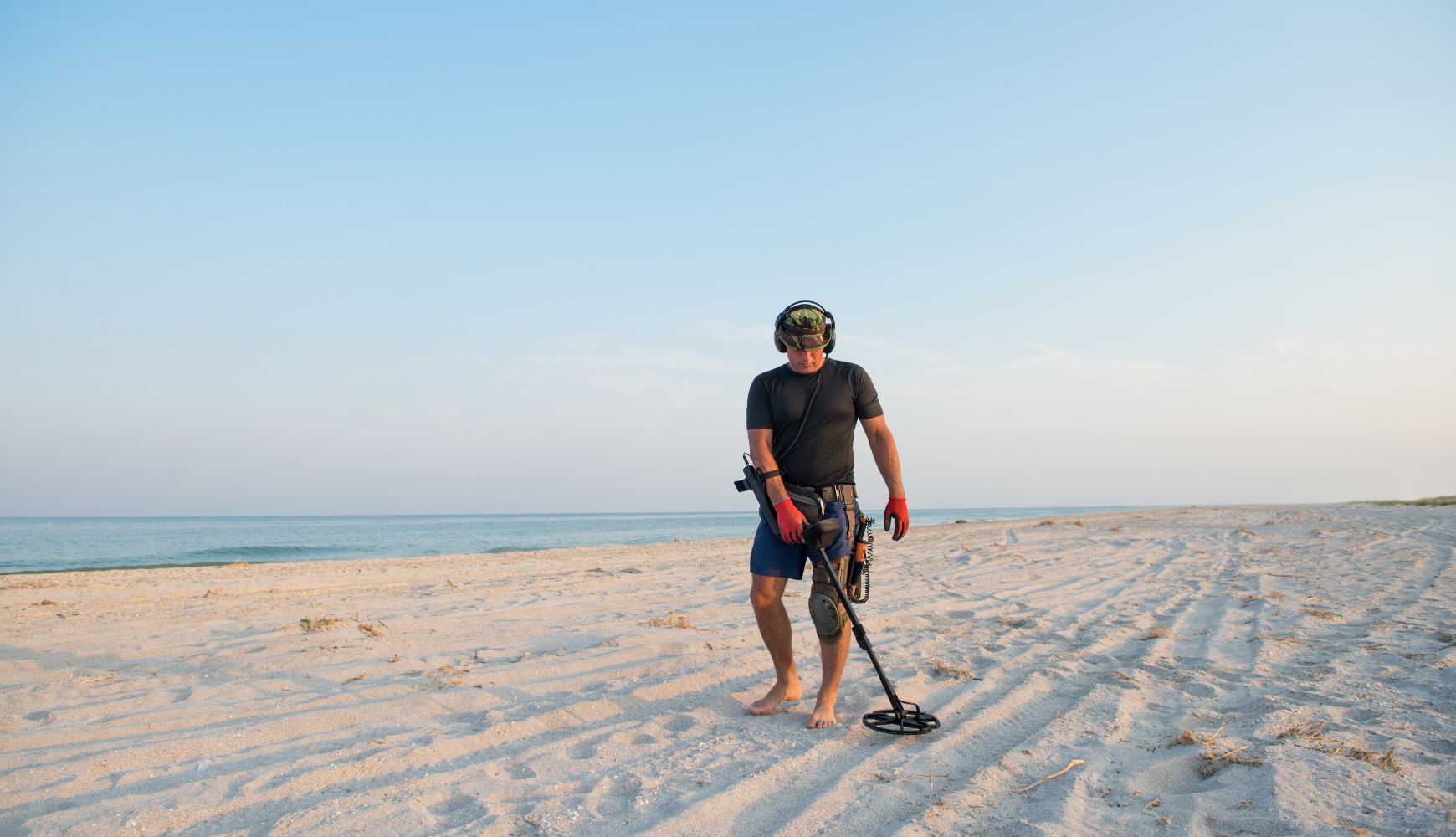
A Brief Guide to Metal Detecting on the Beach
Beaches are known for their plethora of treasures hidden beneath the sand. Go to your local beach on a busy weekend, and you’re sure to see plenty of other metal-detecting enthusiasts sweeping the shoreline. Because beachgoers often remove their jewelry before swimming, small metal objects tend to get lost in the sand.
Increase your chances of finding coins, jewelry, and other metal treasures by reading this brief guide before you go metal detecting on the beach.
Equipment You’ll Need
Before you hit the beach, make sure you have sufficient gear. Here’s a list of items that will add ease and convenience to your detecting venture.
Metal Detector
Obviously, you’ll need a high-quality metal detector to find treasures on the beach. In particular, Nokta metal detectors are great for beachgoers due to their ease of use and light weight.
Headphones
Avoid bothering other folks on the beach by keeping the noise of your detector to yourself. A good pair of headphones will ensure you hear the beeps signaling a found treasure without disturbing other beachgoers.
Sand Scoop
Keep a plastic scoop with you to dig through the sand with efficiency and ease when your detector finds something buried there.
Pouch
When you do find rings, coins, or other relics buried in the sand, keep them in a secure bag or pouch. If you just put items in your pockets, you risk them becoming lost again.
Where To Search
Where are the best spots on the beach to concentrate your search?
Focus on the towel line—the line parallel to the shore where most beachgoers set up their towels and umbrellas. This is the most common place on the beach for people to lose things like jewelry and loose change.
Shady areas and places near lifeguard chairs are also good detecting spots. Think like a regular beachgoer—where do people flock when they visit the beach? Where are they most likely to drop things? This mindset will help you narrow your search area so you’re not overwhelmed sweeping every bit of sand.
When To Search
When is the best time of day to hit the beach with your metal detector?
The best beaches for metal detecting are large, tourist-heavy public beaches—you’d do well to get there early, before too many people arrive. You can also detect during the early evenings, before it gets too dark out but after most beachgoers have gone home.
Stormy weather erodes beach sand and brings metal relics closer to the surface. If your local beach has recently seen a storm, head out with your detector and see what treasures you find.
If you want to go metal detecting on the beach, use the tips from this brief guide to get started. Make sure you follow all laws and regulations relevant to your local beach, and bring all the equipment you need for a productive treasure hunt.

